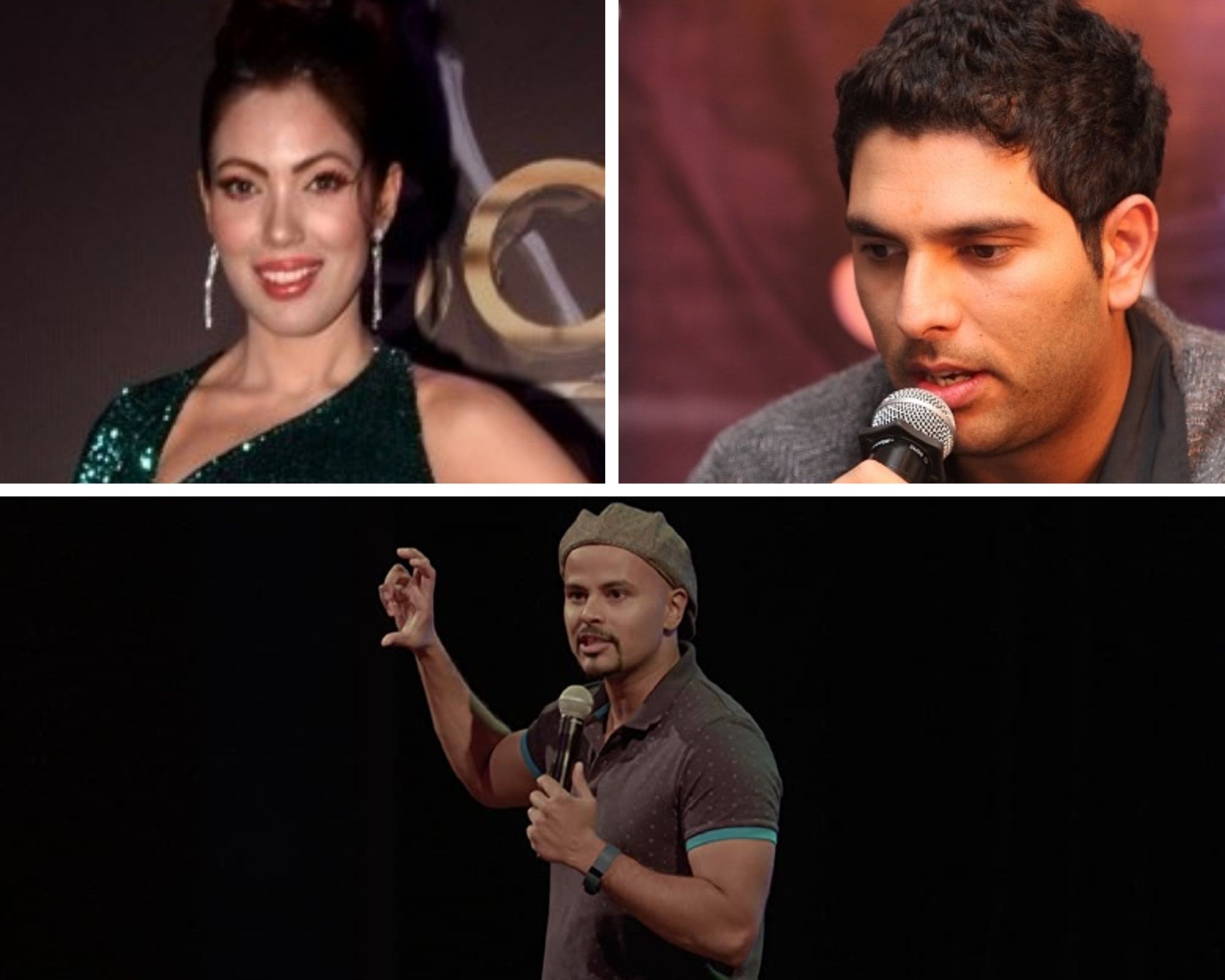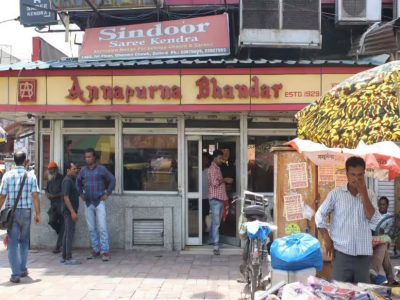For some celebrities unintentional use of casteist or communal or sexist slurs words in the past have landed them in hot waters in the present
TV actress Munmun Dutta was recently caught in controversy when she used a “casteist” word in her YouTube video early this month, which appeared to be in a derogatory sense. She, in the video said, “because I am appearing on YouTube, I want to look good. Not like bhangis”, a slur used to referr to a dalit caste. Her statement created outrage on social media with many demanding her arrest for the use of the slur.
Soon, though, she offered an apology, saying “one word used by me has been misinterpreted. Because of my language barrier, I was genuinely misinformed about the meaning of the word. Once I was made aware of its meaning, I immediately took the part down.”
But she is not alone. Earlier Cricketer Yuvraj Singh was called out for using the same word during his instagram live. A case was filed against him for this as well. The Punjab and Haryana High Court while hearing the case in February said, “Every person, and ‘celebrities’ in particular, should be careful in the usage of any term which can be misinterpreted.”
The trend of calling out celebrities for their old comments or statements is gaining currency. It seems to have started with Neville Shah, a stand-up comedian who was called out for a joke that he made in 2016 about reservation. A clip from his stand-up comic was making rounds on social media in which Shah talks about a visit to his doctor. He gave a reason for the doctor’s incompetence, that doctor might have come from quota system. He later apologized for the comment.
A video clip of comedian Sourabh Pant also emerged where he made a joke on muslim family. People called his statement islamophobic. Similarly a tweet with communal connotation made by comedian Shubham Gaur also went viral.
Popular influencers and celebrities including Ayushmann Khurrana, Varun Grover, Abish Mathew, Suhel Seth, Japleen Pasricha, Aditi Mittal, Atul Khatri, Abhijit Ganguly and many others couldn’t escape the trend. People dug out their old tweets and jokes and asked for an apology. At the centre of this trend was Former UP Chief Minister Mayawati.
Feminism in India founder Japleen Pasricha was made to apologise for a tweet that she made in 2012 about Mayawati. She apologised by saying that she was “ignorant”, “naive” and “wrong”. “As an immediate step structural changes would be made to hold the organization accountable” she stated. Similarly many celebrities offered their Apology.
Casual casteism and sexism
The main contention behind the uproar is casual casteism and sexism used in day to day life. Professor Dilip Mandal, who was one the forerunner of calling out sich celebrities tweeted, “Standup comedy business is surviving on reservation, Mayawati, Lalu Yadav, brown skin, Jaat-Gurjar groups, Sikh, Fat shaming, disability, transgender, women bodies.”
This raises the question, how loosely, celebrities use casteist and communal slurs. But is this limited to celebrities? The answer is no.
The trend of using such slurs has roots in our society, using demeaning slurs about caste, class, gender, disability and religion is at the centre of our normal day to day life.
“I come from a dome caste, and I heard my friend making jokes about my looks, the profession of my ancestors.” said Santosh Domar, an government job aspirant, when asked about the intention of jokes, he replied, “intentionally or unintentionally they hurt us and people need to be aware about what they say.”
Other perspective
However, some comedians are saying that calling out people for jokes they made years ago is unfair. In a long thread, comedian Azeem Banatwalla wrote on twitter that those people calling out comedians don’t acknowledge that they have learnt a lot over the years.
“If you find an experienced comic making a joke today that is outright racist, casteist, anything else. By all means – let them feel your wrath. But reacting to jokes from 5-10 years ago as if they were made today in my humble opinion, is counterproductive”, tweeted Banatwalla.
YouTuber Dhurv Rathi, Comedian Neeti Palta echoed the same concern.
In this day and age when words can and are used in different connotations, it is important to understand the impact their use can have, especially when used by people in the public eye. And as for individuals being called out for unintentional use of such words the best strategy would be to apologize because we all are human and make mistakes. Trying to justify what was said does not help– it is counterproductive. Learn from your mistakes, reform your language, your conduct and move on.





